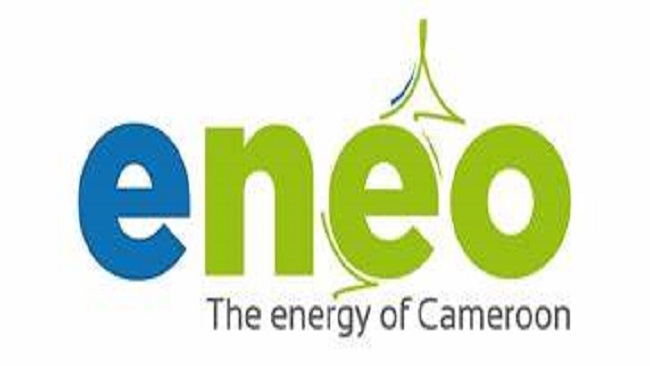CPDM Crime Syndicate: Biya regime pays CFA5.7bn to appease Globeleq
The Cameroonian government has paid CFA 5.7 billion to the British independent power producer, Globeleq, urging the company to resume operations at its Kribi gas plants (216 MW) and Dibamba fuel plants (88 MW). Globeleq had previously closed these plants on October 31, 2023, in protest of unpaid bills from the electricity company Eneo, resulting in significant power outages. In response to the situation, the government has now settled a portion of the debt to “appease Globeleq.”
Sources told us that the payments made for October 2023 constitute a portion of the monthly invoice totaling CFA8.2 billion, which Eneo owes Globeleq to access the energy generated by the Kribi and Dibamba plants.
“Globeleq thanks the government of Cameroon for addressing this concern head-on by initiating immediate payments and organizing emergency solutions to significantly reduce the outstanding payments accumulated by Eneo to KPDC and DPDC (the two companies that manage the Kribi and Dibamba plants),” Globeleq said in a November 6 note.
As a reminder, Globeleq has previously received CFA2 billion from Eneo for the October 2023 debt, which means it has thus received a total of CFA7.7 billion in debt settlement. However, the amount expected is CFA 8.2 billion.
Although the debt was not fully settled, the payment made should help alleviate the current power woes in the country following the shutdown of production in the Kribi and Dibamba plants. The halt in production in these two facilities, with a combined installed capacity of 304 MW, has led the Cameroonian government to implement rationing for businesses, prioritizing households.
However, according to information from Eneo, the significant production deficit caused by the shutdown of Globeleq’s plants was such that households were not spared. For example, after the load shedding observed a few weeks ago, following incidents on the distribution and transport networks, and since the shutdown of Globeleq’s power plants from the national grid, household supply suspensions have been intensified in the Southern Interconnected Network (RIS), which covers six of Cameroon’s 10 regions.
In addition to the CFA5.7 billion paid to Globeleq, the government plans to disburse an extra CFA40 billion to settle debts claimed by Eneo from public entities, according to sources close to the matter. This should enable the electricity company to, in turn, settle its debt with its suppliers. Among these suppliers, Globeleq is still a priority, according to agreements made with the government.
Budgetary maneuvering
According to our sources, authorities discussed ways to mobilize the needed sum during a meeting last November 9, 2023, at the Ministry of Finance (Minfi). Upon observation, the government intends to replicate, once again, a strategy that allowed it to mobilize CFA182 billion in 2021 on the banking and public securities markets of the Beac to settle part of the debt claimed by Eneo from public entities. This operation notably enabled the public electricity company to honor its financial commitments to its suppliers, including Globeleq. The latter received CFA68 billion at that time.
But beyond the financial instruments to be mobilized to secure the sought-after CFA40 billion, we learned that the November 9 meeting discussed the financial costs related to the projected fundraising. Indeed, until now, the costs related to the fundraisings carried out by the state to settle the debts claimed from public entities by Eneo have always been borne by the electricity company. However, faced with its now permanent cash constraints, Eneo is reluctant to bear these charges.
The government is displeased with this decision, as the handling of Eneo’s debt has evolved into a complex issue, frequently requiring significant budget adjustments. For instance, sources revealed that while the anticipated commitments linked to Eneo’s debt were initially projected at just CFA12 billion for 2023, the Treasury is currently faced with requirements totaling CFA38 billion in the ongoing fiscal year. This translates to a shortfall of CFA26 billion, a portion or the entirety of which is frequently addressed using non-allocated commitment lines, as stated by a reliable source.
Source: Business in Cameroon





